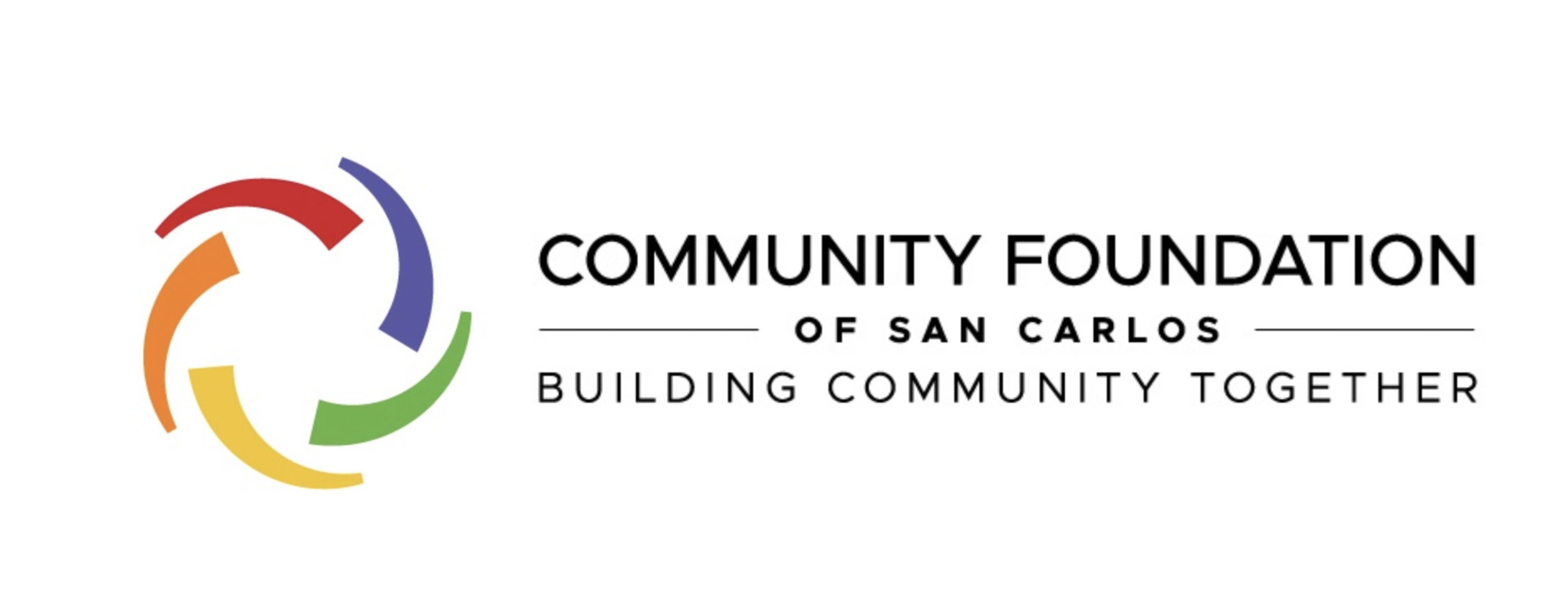California Clubhouse
California Clubhouse
Navigating mental health challenges through work-mediated relationships
May is Mental Health Awareness Month, and we’re spotlighting California Clubhouse, an organization for and by people navigating mental health challenges. The Clubhouse works to reduce mental health stigma by supporting people in crisis, creating community, and lessening isolation. Clubhouse members help each other take positive steps in their lives. Executive Director Lisa Litsey says, “Everyone knows when you walk into Clubhouse, everybody is equal.”
Associated with Clubhouse International, California Clubhouse is an evidence-based therapeutic work-mediated community for adults 18 years and older. Founded in 2015 by Juliana Fuerbringer—a mother whose son, Brian, struggled with mental health—the Clubhouse celebrates its ten-year anniversary this year and has named its new eatery Brian’s Café in memory of its founding member.
At weekly community meetings, big decisions are made through consensus. Twenty or so members gather for lively discussions like ideas for renaming the Clubhouse, or finalizing hiring new staff. Everyone has a say in what happens. Over the last few months, the Clubhouse committed to relocating from a San Carlos industrial park to a two-floor County-owned building along El Camino Real’s commercial corridor in San Mateo. The decision to move to a new building came with many upgrades, like an industrial kitchen with a large refrigerator, a sink room, supply room, laundry room, and a walk-in pantry. The space can easily accommodate thirty to forty people for socializing, working, and relaxing. Staff and members are still figuring out how to best run Clubhouse initiatives over two floors.
Staff member Steven DeSilva says, “The Clubhouse model is very intentional not to mimic clinical space and to be a hub for the community.” No space in the building is private or off limits for staff or members—creating equality for all. Similarly, in the running of its hospitality and business units, Clubhouse members and staff complete tasks in pairs—one staff and one member. “Anything from cooking to processing donations or updating our database is all done as side-by-side work,” says Steven. In fact, in this non-hierarchical model, staff and member roles are virtually interchangeable.
Since 2020, Community Foundation of San Carlos grants totaling $45,000 have supported social and educational opportunities for Clubhouse. In 2024, grant funds sent two teams of staff-member pairs to South Carolina and Massachusetts to train in Clubhouse operations topics. The teams learned how to implement transitional employment initiatives for Clubhouse members who want to work at local businesses. They presented their findings to the community to receive their buy-in. The projects being worked on now relate back to what was learned on the training trip.
“Everyone knows when you walk into Clubhouse, everybody is equal.”
The transitional employment program guarantees job coverage for employers, with trained staff stepping in to cover absences when a member experiences a mental health crisis. A Clubhouse member who had not worked for 17 years was successfully placed as a receptionist at a San Mateo barbershop. She never missed a day of work. Transitional employment has the most impact when members can work where they live and plug into their community.
When members arrive at Clubhouse, they get to choose what they want to do and support each other in doing the self-sustaining work of the organization. In 2024, 123 members participated in these work-ordered day activities. “The Clubhouse is about the belief that working together and work-mediated relationships bring about recovery,” says Lisa.
This was the case for San Carlos resident Albert Boyle. Within six months of coming to Clubhouse, he turned his life around. Having the goal of showing up every day motivated Albert, who was clinically depressed, to get up and out the door each morning. “To come here and have something to do but that I didn’t have to do: I could pick and choose what I wanted to do that day was fantastic,” says Albert. “No pressure, but hey, here’s some stuff that we need to get done today as a group. Do you want to help?”
This encouragement and support fueled Albert’s momentum, and he started applying for jobs. Now, Albert shares his job hunt experience with other members. They’ve sifted through rejections together and celebrated when he accepted a job offer. The insight into the job hunt process is confidence-building for Albert and eye-opening for members as they support him on his journey.
Because the Clubhouse does not offer clinical treatment, membership requires a referral from a mental health professional to ensure members are connected with the ongoing support they need. Prospective members are invited to tour the Clubhouse and complete an application with a referral. Membership is free and lasts for life.
San Carlos families and residents around the Peninsula looking for mental health support are welcome to tour California Clubhouse and experience its empowering dynamics. Local business owners with job openings are encouraged to learn more about creating transitional employment placements. Meet your California Clubhouse neighbors this Mental Health Awareness Month at californiaclubhouse.org.
$10,000 granted for continued operational support (Fall 2024), including training for two pairs of staff and members on operational topics ranging from recruiting to fundraising to job transition services..
=======
$10,000 granted for serving adults (18+) with psychiatric disabilities (schizophrenia, schizoaffective disorder, bipolar disorder, major depression, anxiety) with socialization and daily and job skills development. (Fall 2023)
=======
$10,000 granted 11/9/2022 to add staff and enhance peer-run programs for individuals with mental illness
======
$5,000 granted on 11/26/2021 to provide general operating support for individuals living with mental illness in the San Carlos area. (Fall 2021)
=======
$10,000 granted 7/2/2020 to provide crisis response services, including the purchase of PPE, reopening and general operating expenses. (Covid Round 3)




